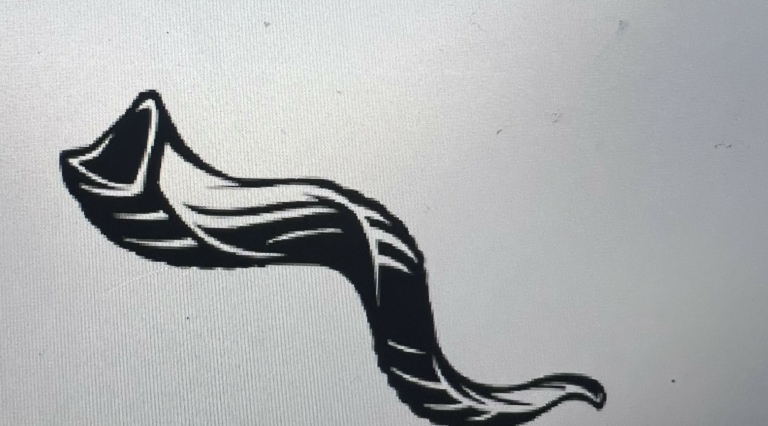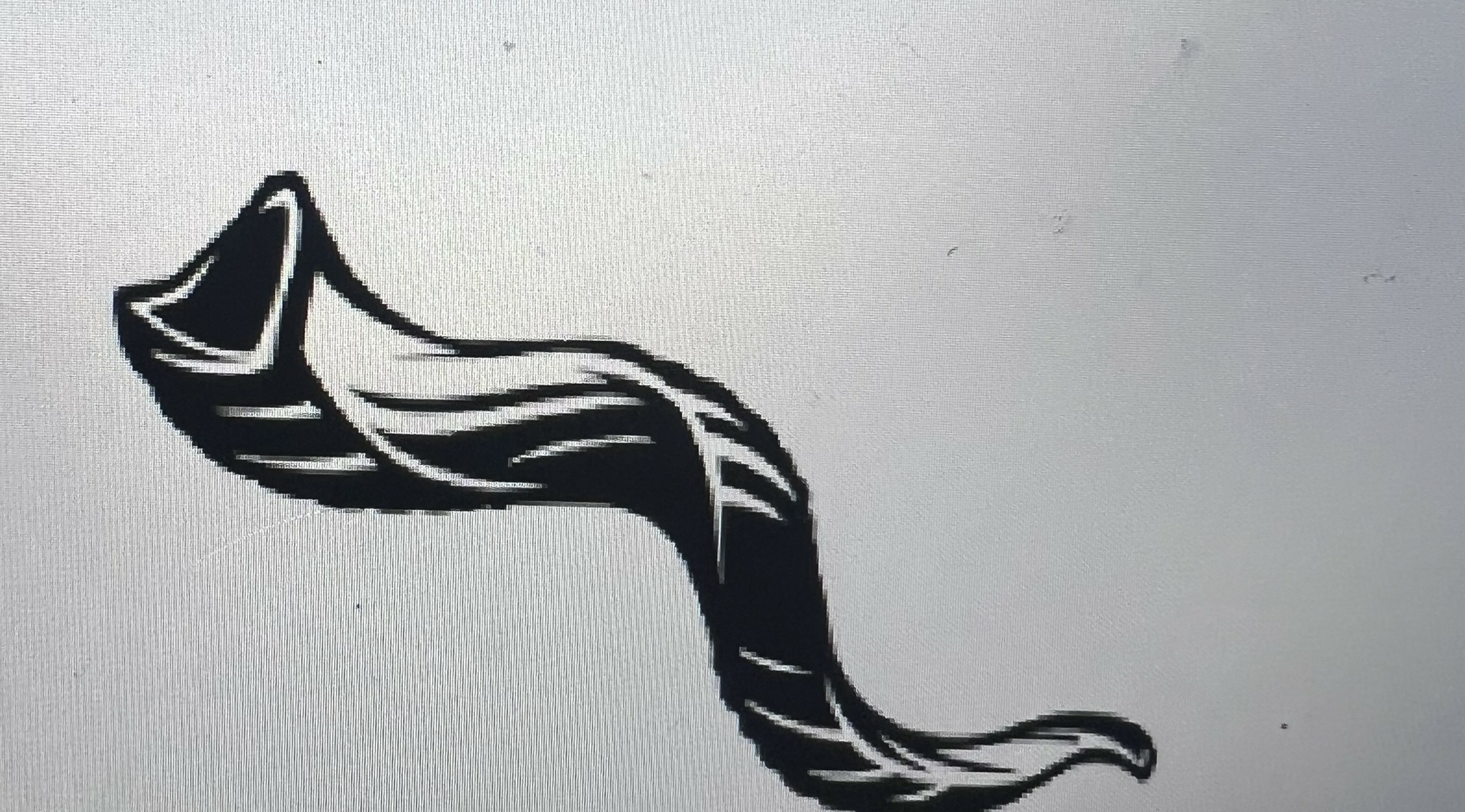Torah Commentary September 19, 2024

Elul: Hearing the Sounds of the Shofar
שאלו שלום ירושלים
Pray for the peace of Jerusalem
Since there was no parashah last week, I am taking the liberty of commenting both last week’s parashah “Ki Tetzey” (found in the Book of Deuteronomy 21:10 – 25:19) and this week’s parashah, “Ki Tavo” found in the Book of Deuteronomy 26:1-29:8).
Last week’s parashah, Ki Tetzey, covered a wide range of social policy issues, some of which touch upon the modern world and others that might appear to us to be merely of historical value. Among the topics that last week’s parashah touch upon are: (1) how does a society deal with captive women, (2) how are defiant children to be treated, and (3) how does a society regulate acts of human sexuality such as: marriage, divorce, virginity, sexual mutilation, and rape?
Many of these Biblical concepts speak directly to us. For example, we only have to see Hamas’ sexual acts against women (and men) on October 7th of last year or become cognizant of the U.S. southern open border tragedies to understand that sexual perversion and slavery, now called by the “cleansed” name of ”human trafficking,” very much exists in our world and is often ignored for political reasons. Just as G-d told Cain that his brother’s blood cried out to him so should the hypocritical silence of the so-called women’s organizations cry out to each of us.
One of the purposes of this parashah is to teach us that the purpose of education is to make us think, to challenge our assumptions, and to see an issue not from what is politically advantageous or “correct” but from what is morally right. How meaningful is this philosophy in a world in which dialogue has been replaced by political certainty, and in which shouting and violence have replaced thoughtful conversations and the ability to listen calmly to what the other person is saying.
We need to ask ourselves: does our modern education system emphasize reflective thought and teach people to respect multiple viewpoints or has it become merely a center for mind control? Have our universities become mere centers for indoctrination rather than centers for critical thinking and intellectual exchanges of ideas?
Turning to this week’s parashah we take the ideas introduced in last week’s parashah to a deeper level. What distinguishes Jewish culture from other ancient cultures is that the emphasis of Jewish culture is on moral actions, rather than for example in the case of the ancient Greek culture, visual beauty. This difference in emphasis does not mean that other ancient cultures lacked profound ideas or that Hebrew thought lacked beauty but rather where each culture placed its emphasis. Hebrew culture cared less about the beauty of a speaker’s rhetoric and more about the depths of his/her ideas.
Anyone attuned to modern politics knows that the conflict between style and substance is still very much alive. Like many ancient cultures, we currently tend to look less at the issue, and more at the rhetoric or style of words that surround the issue — too often it is not what is being said but rather who is saying it. Do we vote for politicians, not because of the depth of their arguments, but rather on how they sound or look?
This week’s parashah argues that what G-d wants, or demands of us, is not style, but substance. It is our actions that reveal who we are and measure the depth of our character. These weekly sections teach us that no matter how brilliantly we present the superficial, it is still the superficial. These two parashiyot teach us that it is not about what any of us says but rather about what we do that matters. How do you view these ideas?
YouTubes for the week
Music to Set the Tone for the New Year: Three versions of Avinu Malkeinu
Shulem Lemer
Hila ben David
One Thousand Studends
Please pray for Israel’s soldiers and the safe return of all of the remaining hostages.

